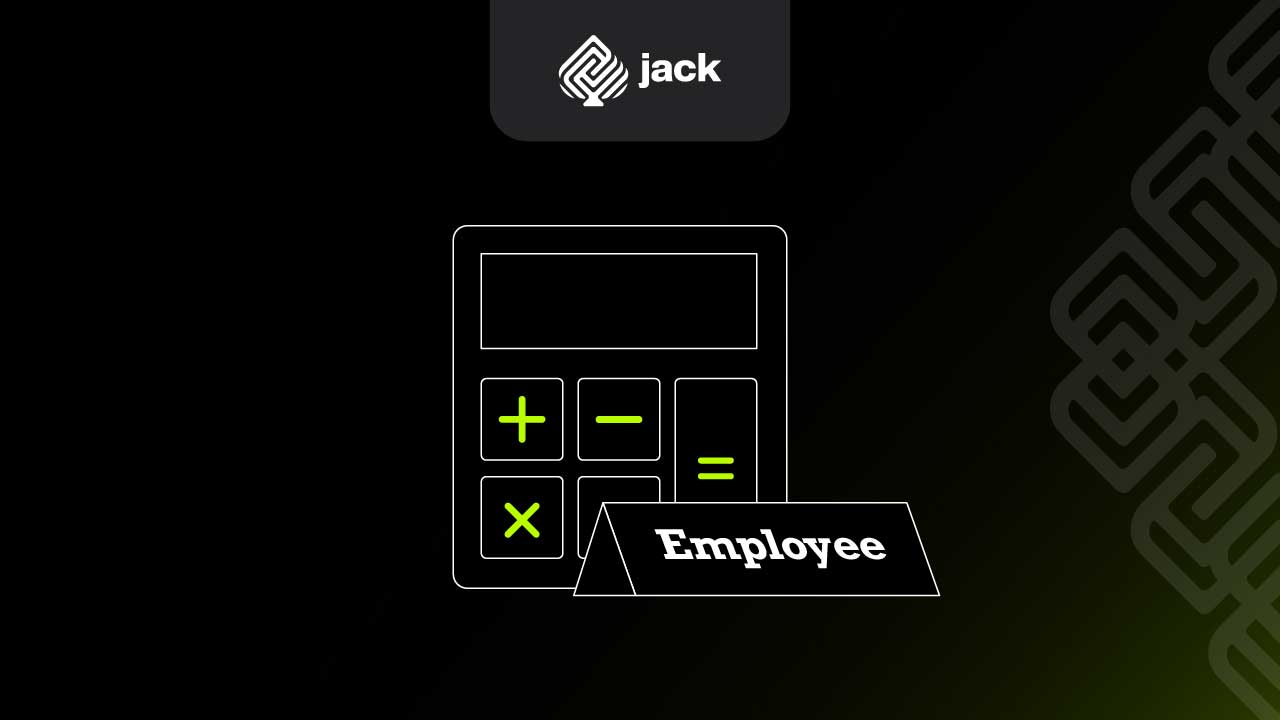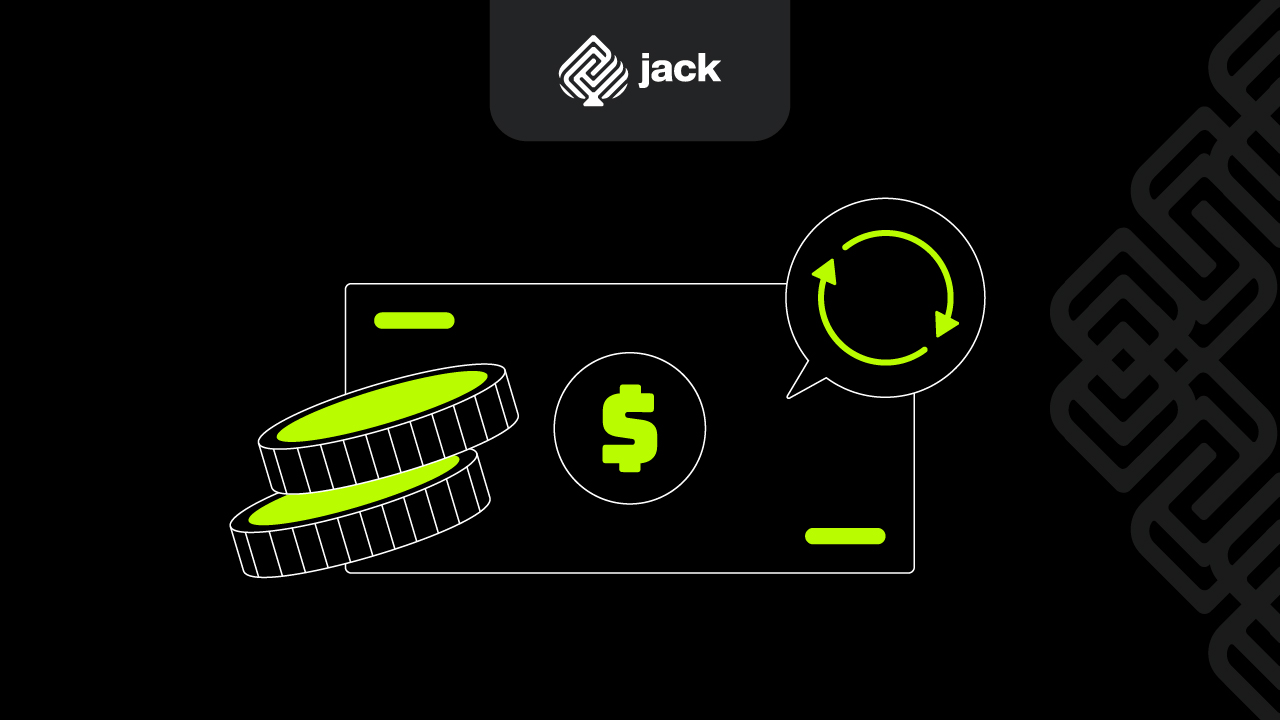Employee bonuses are a form of appreciation given by companies to workers for their contributions and performance. Calculating employee bonuses fairly and effectively is a necessity to ensure the satisfaction and motivation of employees remain intact.
In this article, we will discuss a comprehensive guide on how to calculate employee bonuses fairly and effectively.
Why Employee Bonuses are Important in the Business World

Employee bonuses are not just financial rewards; they are also powerful incentives to boost motivation and performance. Here are some reasons why bonuses play a crucial role in the business world:
1. Incentive for Best Performance
Bonuses provide additional incentives for employees to achieve their best performance. This creates a competitive work environment and encourages employees to strive harder.
2. Recognition of Achievements
Awarding bonuses is a direct recognition of employees’ achievements and contributions. It can enhance pride and job satisfaction while motivating individuals to achieve higher levels of performance.
3. Aligning Focus with Company Goals
Bonuses tied to company goals help direct employees’ focus on achieving organizational targets. This creates synergy between individual goals and the overall goals of the company.
4. Talent Retention
Offering fair and attractive bonuses can help companies retain top talent. Employees who feel appreciated are more likely to remain loyal and contribute consistently.
Relationship Between Rewards and Employee Loyalty

The method of calculating employee bonuses is closely related to employee loyalty. Properly awarded incentives can establish a positive relationship between the company and its employees. Here are aspects of the relationship between bonuses and loyalty:
1. Recognition as Part of the Team
Bonuses create an emotional bond between employees and the company. Employees who feel valued as part of the team tend to remain loyal and contribute maximally.
2. Increased Job Satisfaction
Fairly given bonuses can enhance job satisfaction. Satisfied employees are more likely to be loyal and intrinsically motivated to give their best.
3. Financial Support for Personal Achievements
Bonuses can provide additional financial support for employees, helping them achieve personal financial goals. This creates a deeper attachment to a company that supports individual development.
4. Feeling Valued
Bonuses symbolize appreciation and attention from the company for employees’ contributions. Employees who feel valued tend to develop high loyalty toward their workplace.
Common Types of Employee Bonuses

1. Performance Bonus: Recognizing Individual Achievements
Performance bonuses are one of the most common forms of rewards given to employees. This bonus is based on an individual’s performance achievements during a specific period.
To calculate performance-based employee bonuses, start by identifying performance parameters relevant to the employee’s job. Some companies use metrics such as sales, productivity, or target achievements as the basis for calculation.
Afterward, set the bonus percentage corresponding to the level of the employee’s achievement. For example, if an employee meets all set targets, they may receive a full bonus, while falling below targets may result in a lower bonus.
2. Project-Based Bonus: Rewarding Contributions to Specific Projects
Project-based bonuses are rewards given to employees for their contributions to specific projects. Companies typically allocate a bonus budget for each project and distribute it based on the level of participation and success in the project.
To calculate project-based employee bonuses, identify qualifying projects, and determine the bonus percentage to be given to each project team member. This provides an additional incentive for employees to work collaboratively and contribute positively to company projects.
3. Annual Bonus: Exploring Year-End Reward Strategies
Annual bonuses are a form of reward given at the end of the work year. This bonus is often based on an employee’s performance throughout the year and includes long-term achievements. Companies can use metrics such as revenue growth, net profit, or strategic achievements as the basis for annual bonus calculation.
See Tutorial Account Verification Jack
It is important to develop a comprehensive plan that covers all relevant performance and achievement aspects during the year. This way, the annual bonus becomes not only a financial reward but also a reflection of long-term contributions to the company’s success.
Calculating Employee Bonuses

1. Define Bonus Calculation Criteria
The first step in calculating employee bonuses is to establish clear and measurable criteria. Align these criteria with the company’s goals and the type of bonus to be given. Ensure that the criteria are objectively measurable to avoid bias.
2. Calculate Individual or Team Performance
Once the calculation criteria are set, the next step is to calculate individual or team performance according to these criteria. Use carefully documented performance data, including target achievements, project contributions, or strategic accomplishments.
3. Determine Bonus Percentage
Next, determine the bonus percentage to be given based on the level of performance. Ensure that this percentage is fair and aligns with the employee’s level of contribution. Bonus percentages may vary depending on the type of bonus being awarded.
4. Calculate Bonus Amount
After determining the bonus percentage, during the employee bonus calculation event, calculate the bonus amount that will be awarded to each employee. Use a clear and transparent formula to ensure that the calculation is understandable to all involved parties.
5. Communicate the Results
The final step is to communicate the calculation results to employees clearly and transparently. Explain the calculation criteria, bonus percentage, and the amount of the bonus awarded. Effective communication helps foster understanding and acceptance among employees regarding bonus decisions.
Calculating employee bonuses fairly and effectively involves a profound understanding of individual or team performance, the type of bonus awarded, and the company’s objectives.
Use Jack for your business needs
By following this guide, companies can ensure that employee bonuses serve not only as financial incentives but also as effective tools to enhance motivation, performance, and employee satisfaction.






